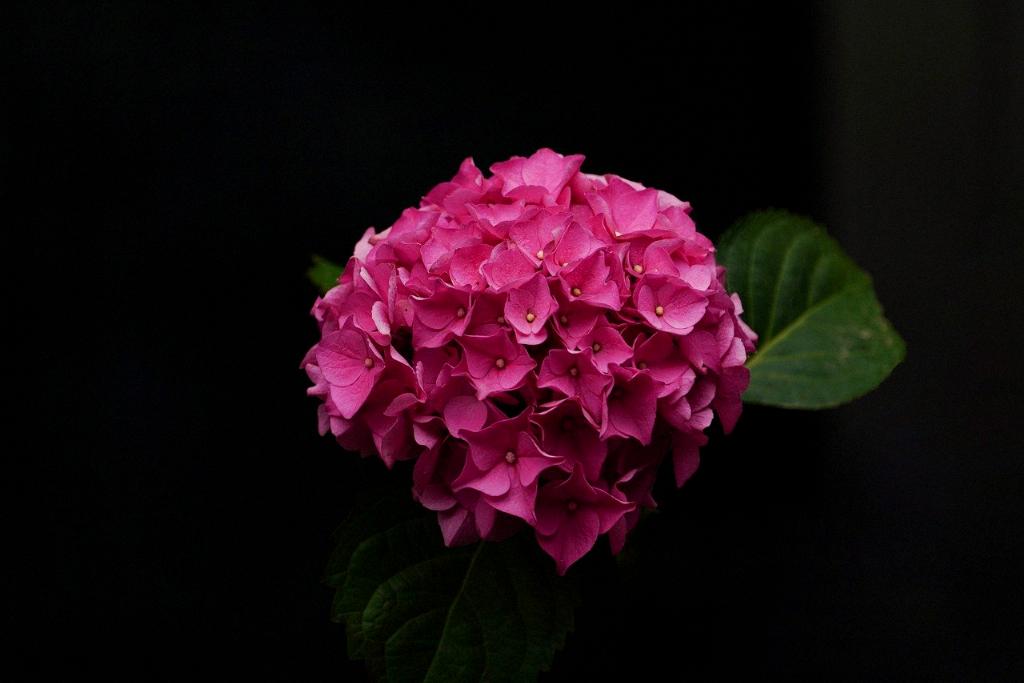Many gardeners across the country have wrestled with the question of whether deer indulge in the delightful feast that is their prized hydrangeas. These stunning flowering shrubs are known for their lush blooms and vibrant colors, making them a popular choice in gardens and landscapes. However, the sad truth is that deer do indeed have a taste for hydrangeas, much to the dismay of many a green-thumbed enthusiast.
One of the main attractions for deer when it comes to hydrangeas is the succulent buds that appear in early spring. These buds, especially those that emerge on old wood from the previous year, are akin to nature’s candy for these hungry creatures. A single night of browsing can result in your hydrangea plants being stripped of their flower buds, effectively robbing you of a season’s worth of blooms.
It’s not just the flower buds that deer find irresistible – they also have a penchant for munching on the new foliage of hydrangea plants. This double whammy of bud consumption and leaf nibbling can leave your once-thriving hydrangeas looking worse for wear, with little hope of recovery in the same growing season. It’s a heartbreaking sight for any gardener to behold.
Deer have a unique ability to adapt to their environment and can quickly learn which plants are the most palatable in a given area. Once they discover the delectable delights that hydrangeas have to offer, they are likely to return time and time again, feasting on your prized shrubs with reckless abandon. This constant threat of deer damage can make it challenging to maintain a thriving hydrangea garden.
While some gardeners may try various deterrents and repellents to keep deer at bay, these methods are not always foolproof. Deer can be persistent creatures, and their hunger knows no bounds when it comes to finding a satisfying meal. As such, it’s crucial for hydrangea enthusiasts to be proactive in protecting their plants from these voracious herbivores.
One effective strategy that many gardeners employ is to create physical barriers around their hydrangeas, such as fencing or netting. These barriers can help deter deer from accessing the plants and provide a much-needed layer of defense against potential damage. Additionally, planting deer-resistant varieties of hydrangeas can also help minimize the risk of grazing.
Another approach to safeguarding your hydrangeas from deer is to utilize scent deterrents or repellents that emit odors that are unappealing to these animals. By creating an olfactory barrier around your plants, you can discourage deer from venturing too close and feasting on your precious blooms. While not foolproof, these methods can be a helpful tool in your arsenal against deer damage.
In conclusion, the answer to the question “Do deer eat hydrangea?” is a resounding yes. These graceful flowering shrubs are a favorite delicacy for deer, who relish the tender buds and foliage that hydrangeas have to offer. As a gardener, it’s essential to be aware of the threat that deer pose to your hydrangea plants and take proactive measures to protect them from harm. By employing a combination of physical barriers, deer-resistant plant varieties, and scent deterrents, you can help safeguard your beloved hydrangeas and ensure that they continue to thrive in your garden for years to come.

